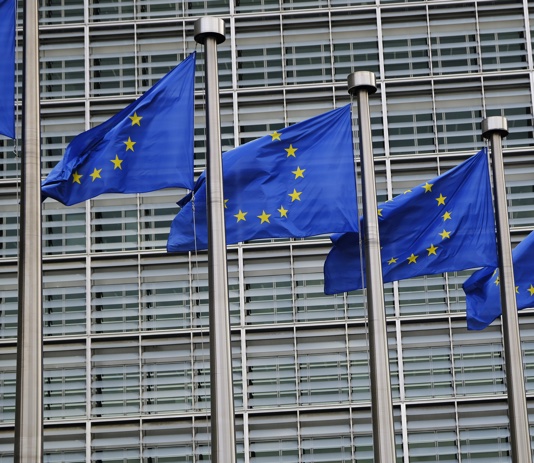by Alessandro C. Mauceri –
The “transition day” provided for by United Nations Security Council Resolution 2231 (2015) relating to the expiration of restrictions on Iran has expired.
The resolution provided that eight years after entry into force (“adoption day”), or after receipt by the Security Council of an IAEA report indicating “the reaching of the broadest conclusion that all nuclear material in Iran was part of peaceful activities,” the United Nations could have ended restrictions to limit Iran’s ballistic missile program. All this on the assumption that Iran would take the necessary steps to restore confidence in the exclusively peaceful nature of its nuclear program.
The ten years foreseen by the resolution are still far away, they will expire in 2025, however many governments have presented a “Proliferation Security Initiative (PSI)” to maintain sanctions on Iran and “counter Iranian destabilizing activities related to missiles and to UAVs”.
According to the signatories of a document proposed by the US and aimed at maintaining the restrictions, the “proliferation of weapons of mass destruction and their delivery vehicles continues to represent a significant threat to international security. In this context, Iran’s missile program remains one of the major challenges to international non-proliferation efforts. Today, Iran holds the largest inventory of ballistic missiles in the Middle East, and its ballistic missile programs continue to pose a threat to countries in the region and beyond. Furthermore, Iran’s supply of missile technology and UAVs (unmanned aerial vehicles) to its partners puts international stability at risk and exacerbates regional tensions.”
Among the signatories, in addition to Italy, also many countries of the European Union (Austria, Belgium, Croatia, Denmark, Finland, France, Germany, Greece, Ireland, Latvia, Luxembourg, Holland, Poland, Portugal, Czech Republic, Romania, San Marino, Slovakia, Slovenia, Spain, Sweden and Hungary). And then Japan, the United Kingdom and, of course, the United States of America. Israel and Ukraine also signed the text.
There were those who went further and did not wait for the United Nations decision. The European Council decided to take the necessary measures to maintain restrictive measures under the EU non-proliferation regime against Iran. He did so by explaining that these “measures do not amount to the imposition of further EU sanctions on Iran” and that “all EU sanctions that had already been lifted under the JCPOA remain lifted”. A decision taken well before the expiry of the period established by the United Nations, which would follow the letter received on 14 September 2023 by the High Representative in his capacity as coordinator of the joint commission of the JCPOA from the Foreign Ministers of France, Germany and the United Kingdom in within the JCPOA dispute resolution mechanism, which they activated in January 2020.”
